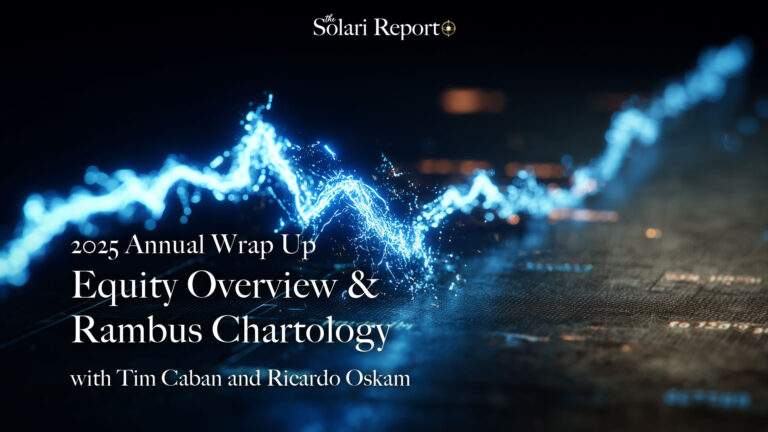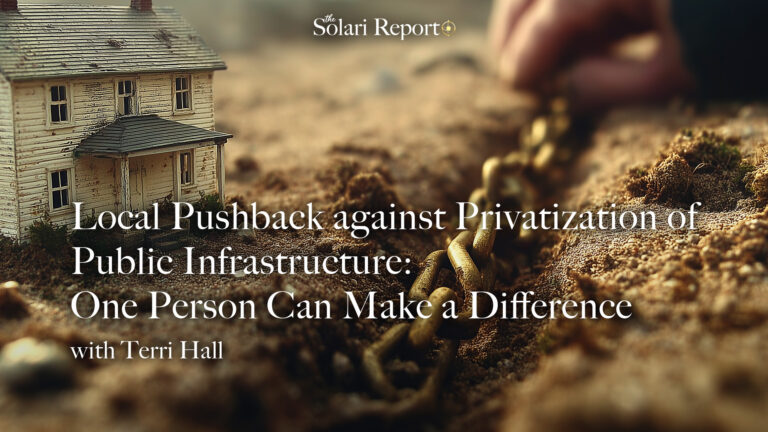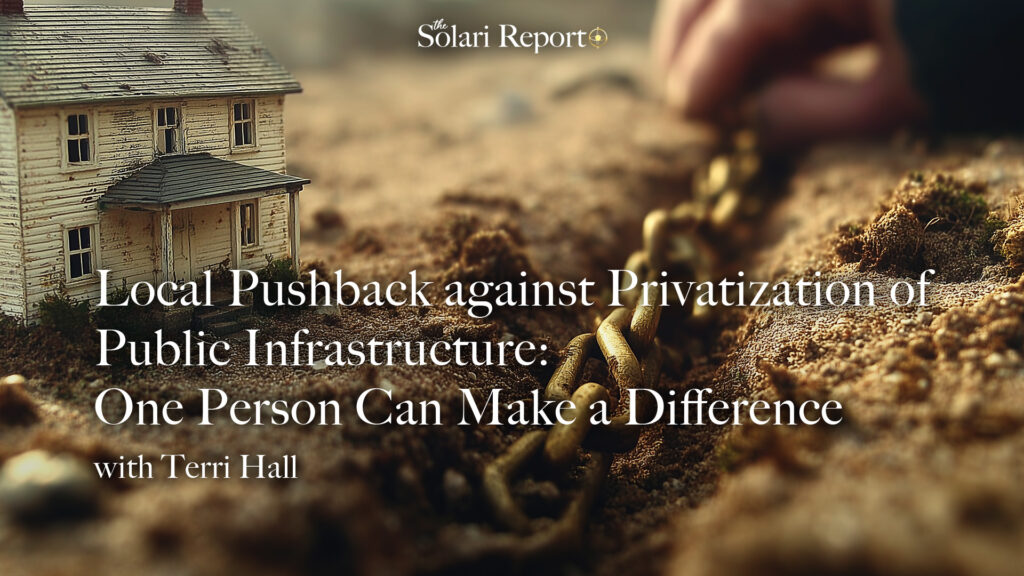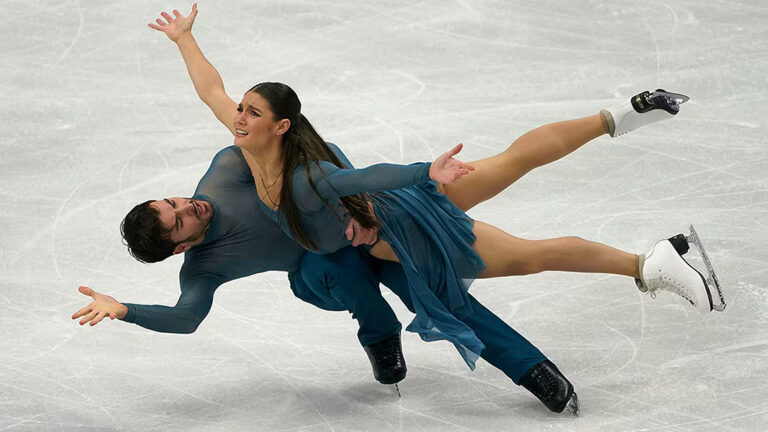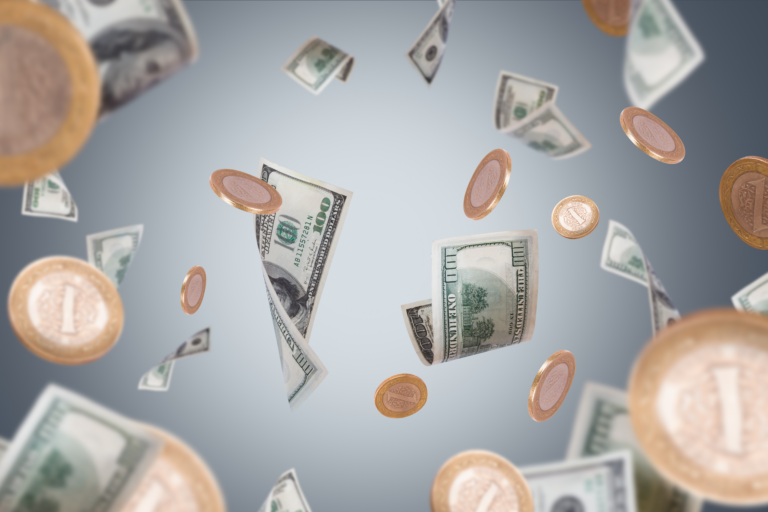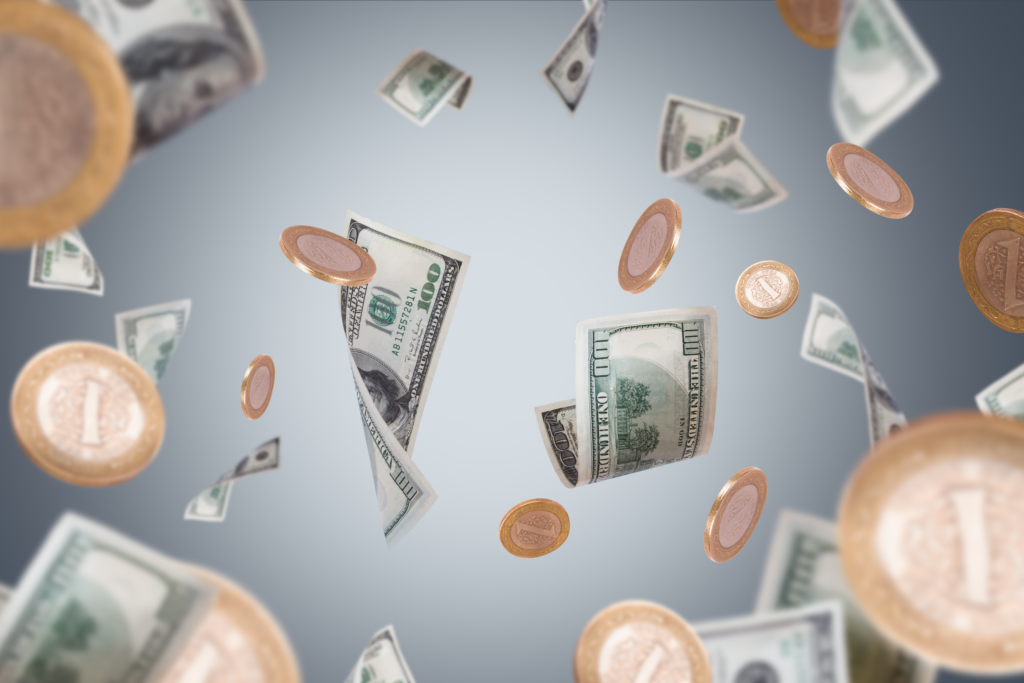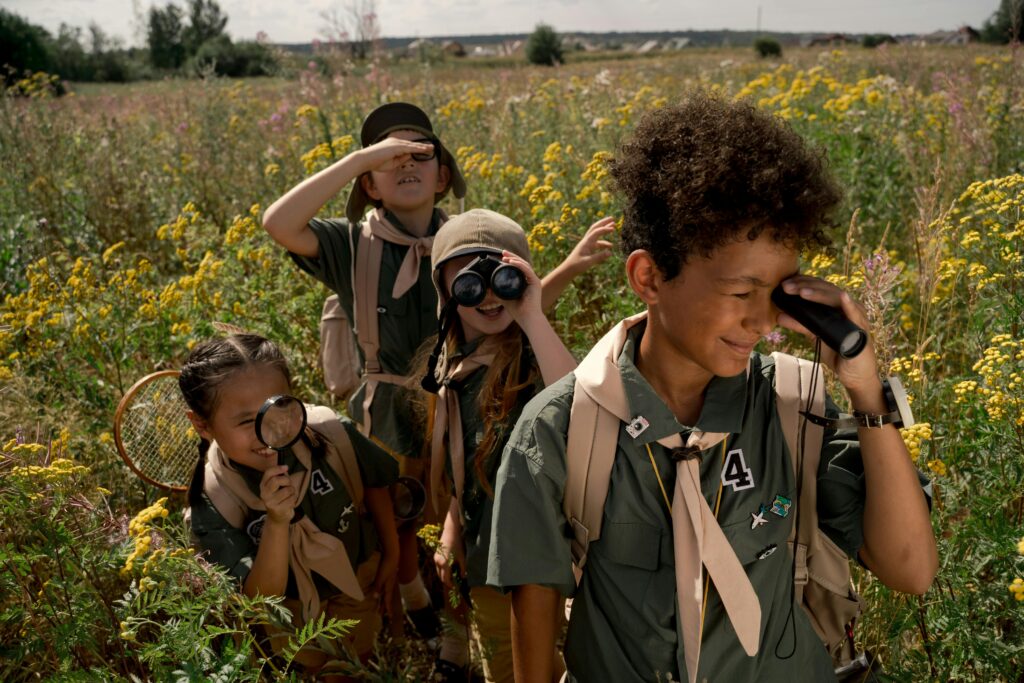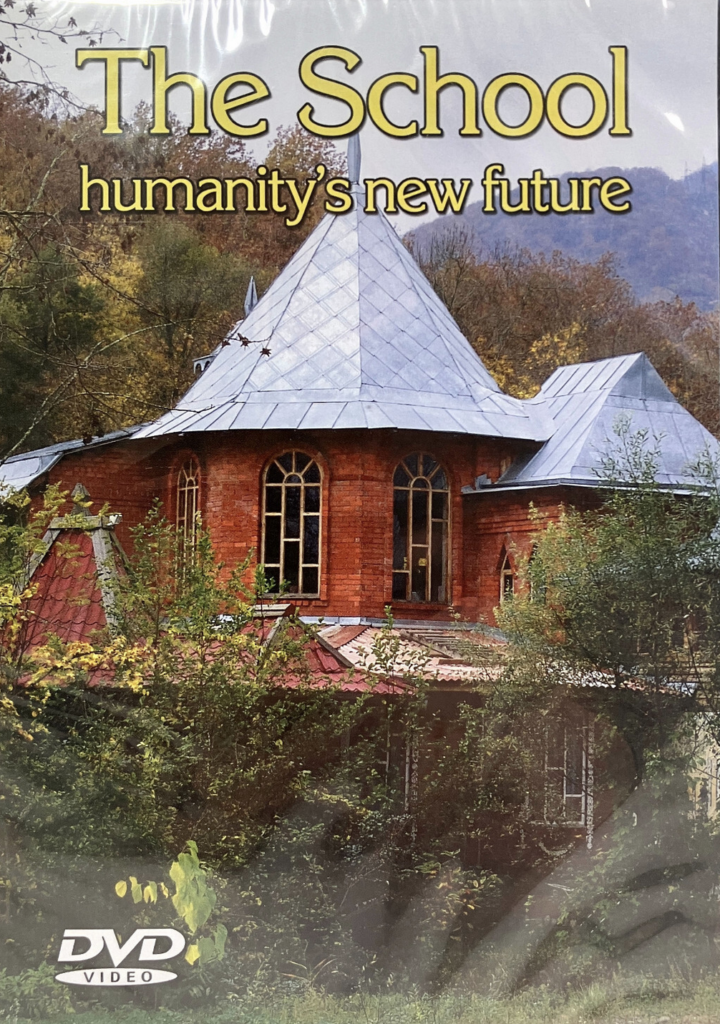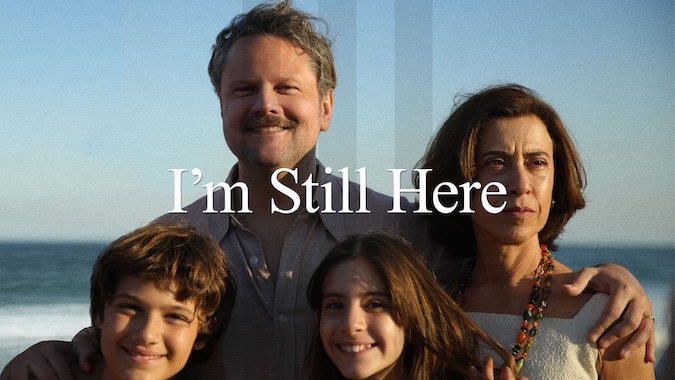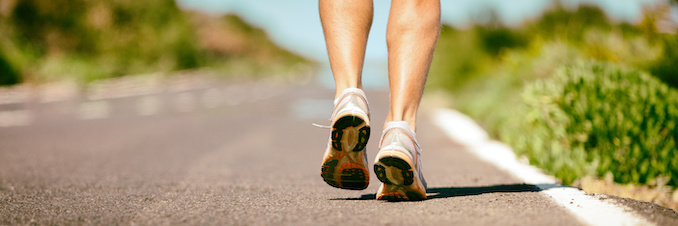
Become a member: Subscribe
Movie of the Week
New Findings on Walking and Running
May 17, 2025

“If you think about it, exercise derives from play. The more you focus on the fun side of exercise, the more you can benefit from it.”
~ Hideaki Soya, University of Tsukuba, Japan
Movie of the Week
New Findings on Walking and Running
As the MAHA movement grapples with the reality that health—and health freedom—will come bottom-up and not top-down, we thought it would be a good time to get back to basics.
Journalist Celia Farber has suggested a different acronym—MYHA or Make Yourself Healthy Again—and in that vein, we recommend a half-hour video from Japan’s NHK public broadcast service about new research findings on walking and running.
The 2024 broadcast presented back-to-back segments focusing on two groups of Japanese researchers studying Interval Walking Training (IWT) and “slow running” at Shinshu University and the University of Tsukuba, respectively.
IWT, an approach originally developed for athletes, emphasizes alternating, in three-minute increments, between slow walking at a “relaxed pace” and fast walking involving longer strides, vigorous arm swinging, and a pace that leaves the walker slightly out of breath. In studies with middle-aged adults, Japanese researcher Shizue Masuki compared a non-walking group, a “10,000 steps” group, and an IWT group; the IWT walkers came out way ahead on measurements related to blood pressure, physical strength, mental health, and sleep. According to Masuki, the 10,000 steps approach does not guarantee sufficient intensity and speed.
Researchers in Japan and elsewhere have also used IWT to good effect with cardiac rehab patients and adults with type 2 diabetes. For diabetes, Japan has even involved pharmacists, who sit down with customers and dispense IWT counseling along with diabetes drugs. (A pharmacist’s broad smile when describing this work suggests he is happy to be doing something other than peddling pills.)
In the second segment, Professor Hideaki Soya explains that slow or “light-intensity” running is good for the brain. His research with rats and humans has uncovered significant benefits for the hippocampus and for memory, attention, decision-making, and mood. (Dr. Michael Nehls had much to say about the hippocampus in Ulrike Granögger’s fascinating January 2024 interview with him about his book, The Indoctrinated Brain.)
Defining slow running as running “at a pace slow enough to keep a smile on your face,” Soya suggests that it is more user-friendly:
“Light-intensity running is relaxing and easy, while vigorous-intensity running requires willpower, is tiring, and triggers the release of stress hormones, which negatively affect the hippocampus. That’s why I believe vigorous-intensity running is not as effective as light-intensity running.”
The only two things that mar this otherwise charming and practical video is that many of the IWT walkers are wearing masks (preventing us from seeing their smiles), and Masuki’s research involves a lot of Internet of Bodies data collection.
On a positive note, an American researcher points to the community-building benefits of Masuki’s work, which gets walkers together in groups. An easy MYHA step you can take is to invite a friend or neighbor for a walk—and while you’re walking, why not discuss local actions you can take to support financial transaction freedom?
Watch “New Findings on Walking and Running” here.
Log in or subscribe to the Solari Report to enjoy full access to exclusive articles and features.
Already a subscriber?









